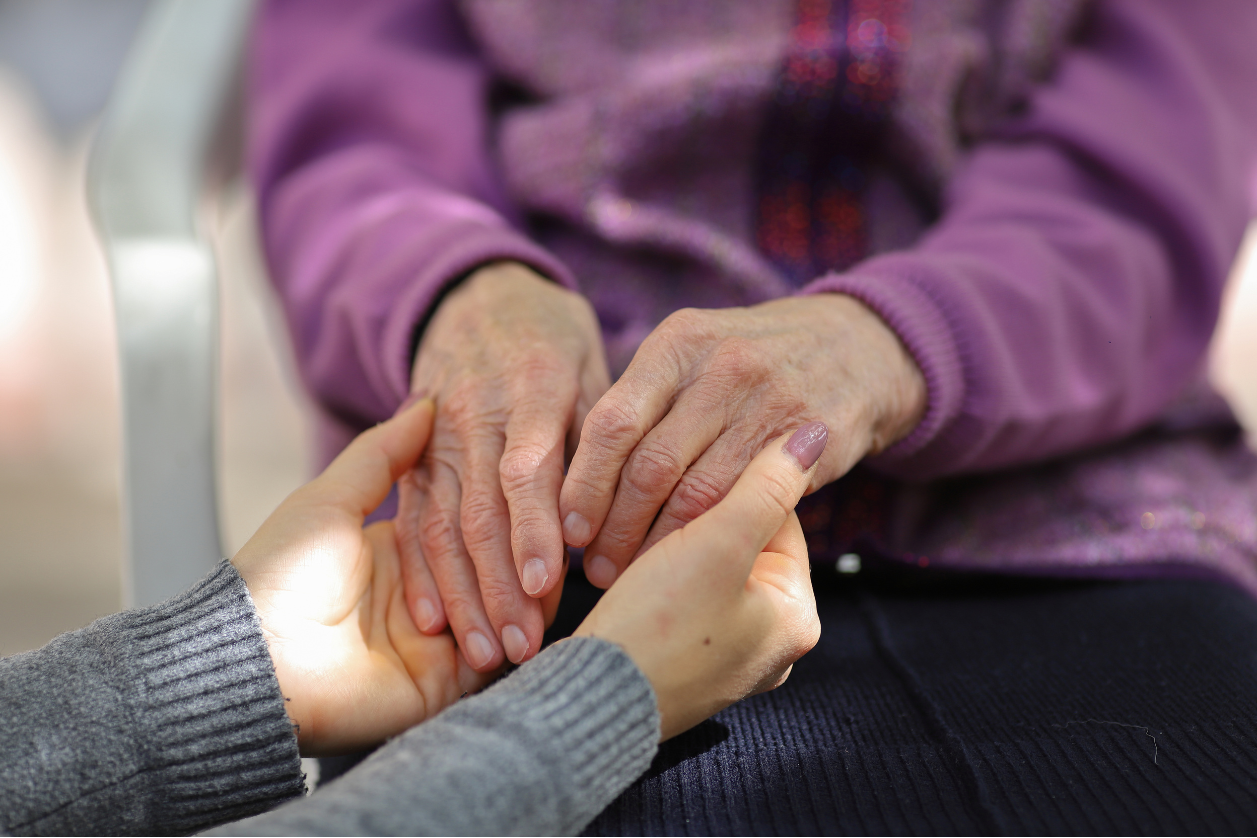Support
How to Prevent Caregiver Burnout: Practical Tips That Work
Caring for a loved one is one of the most meaningful roles you can take on. But it can also be one of the hardest.
Read more

Written by
Tyler Zanini, Founder at Memoryboard

Many family caregivers juggle daily responsibilities like work, children, and home life—on top of providing round-the-clock support for someone with memory loss, chronic illness, or aging-related needs. It’s no wonder that caregiver burnout is so common.
Burnout happens when stress builds up and you feel physically, emotionally, and mentally drained. Left unchecked, it can affect your health, your relationships, and even the quality of care you’re able to provide. The good news? There are ways to protect yourself from burnout while still being the caregiver your loved one needs.
Here are some practical, proven tips to prevent caregiver burnout:

Image description
1. Recognize the Signs Early
Burnout doesn’t happen overnight. It builds slowly, so catching the early warning signs can help you take action before things get overwhelming.
Common symptoms include:
Feeling constantly exhausted, even after rest
Irritability or short temper
Withdrawing from friends and activities
Trouble sleeping
Getting sick more often
Feeling hopeless or unappreciated
If you notice these signs in yourself, it’s time to pause and reset.
2. Build a Support System
You don’t have to do this alone. In fact, you shouldn’t. Caregiving is a team effort.
Family and friends: Ask specific, direct favors (e.g., “Can you visit Mom on Wednesday afternoon so I can take a break?”).
Support groups: Whether online or local, caregiver support groups remind you that you’re not alone.
Professional help: Consider respite care, adult day programs, or in-home aides when possible.
Having a network reduces the pressure on your shoulders and gives you space to recharge.
3. Use Tools and Technology to Lighten the Load
Modern caregiving doesn’t have to rely on sticky notes and memory alone. Technology can make a huge difference.
Medication reminders help prevent missed doses.
Digital calendars and caregiver apps keep everyone on the same page.
Message boards and displays (like Memoryboard) allow families to send reminders, notes, and encouragement directly to loved ones—helping reduce repetitive phone calls and giving caregivers peace of mind.
These tools not only save you time but also give your loved one more independence.
4. Prioritize Your Own Health
It’s easy to put yourself last, but you can’t pour from an empty cup. Caring for yourself is caring for your loved one.
Rest: Aim for consistent, quality sleep. Even short naps can help.
Exercise: Movement relieves stress and boosts energy. A 20-minute walk counts.
Nutrition: Choose meals that fuel you instead of draining you.
Checkups: Keep up with your own doctor’s visits and screenings.
Think of self-care as a necessity, not a luxury.
5. Set Boundaries and Accept Help
Caregivers often feel guilty about saying no. But boundaries protect your energy. Be honest about what you can and can’t do.
If someone offers help, say yes. Even small acts, like a friend dropping off dinner, lighten your load.
6. Take Breaks Without Guilt
Time away isn’t selfish; it’s essential. Short breaks during the day, weekends away, or even a few hours to yourself can restore your patience and energy.
Your loved one will benefit from a calmer, healthier you.
Final Thoughts
Preventing caregiver burnout starts with recognizing that you matter too. By building support, using tools that make caregiving easier, and taking care of your own health, you’ll be better equipped to care for your loved one—and for yourself.
At Memoryboard, we believe caregivers deserve clarity, connection, and peace of mind. If you’re looking for ways to reduce stress and bring more calm into daily caregiving, tools like Memoryboard can help.
Join our mailing list and get our FREE daily routine template & tips guide 💜
Email address
Sign up
More from the blog
Read more helpful tips about connecting with your loved ones from the team at Memoryboard.
Empower people with memory loss
Memoryboard enhances daily life and strengthens connections



